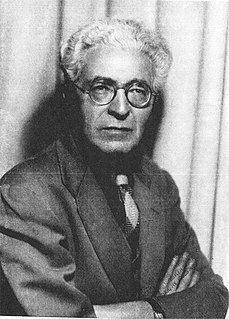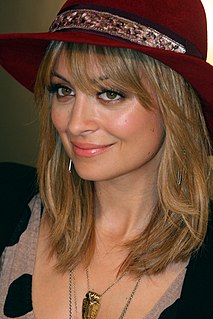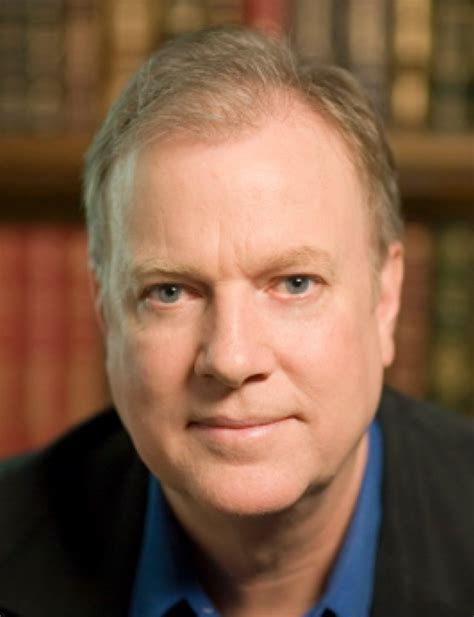A Quote by Tess Gerritsen
My most successful books, the ones that I feel the strongest about, are the ones that started with a premise that for me was deeply emotional.
Related Quotes
It's a lot of accumulated joy and tension and all kinds of emotions just pouring out of all us. We've all been preparing for this day and we all knew that one day we would just have to move on with our lives and careers even though we all love this show and love working together. But it's still an incredibly emotional time, especially for me with a lot of journalists asking me how it feels about FRIENDS coming to an end. It's started to make me think very deeply about what it's all meant to me and that's made me ever more emotional!
I'm an anxious person in general, but something about being pregnant and awaiting the release of my first book, The Monsters Of Templeton, made me into an insane anxious person. I didn't sleep at night. I ended up sleeping all day. In a strange way I felt like the world was going to end. I found myself so deeply depressed at times that I started to read about happiness, and that took me into books about idealism and utopianism. Reading books about people who tried to build utopian societies of different kinds gave me a kind of lift.
Fashion to me is very emotional. It's my strongest form of self-expression, and I love wearing a piece of clothing where I feel like I can run around at any moment and dance in it. So you know, I guess when I'm designing, I want the clothes to feel celebratory and feel very light and fun and feel like you could move seamlessly.
The people who review my books, generally, are kind of youngish culture writers who aspire to write books, or write opinion pieces about what they think of Neil Young, or why they quit watching ER or whatever. And because of that, I think there's a lot of people who write about my books with the premise of, "Why this guy? Why not me?"
It's quite interesting, looking back at the first one [film about Harry Potter], nobody knew whether or not it was going to be successful as a film. The books were of course already very successful, but that's happened before, where the books were successful and the films weren't at all. But it turned out that they were.
I'm such an incredibly, stupidly sensitive person that everything that happens to me, I experience it really intensely. I feel everything very deeply. And when you feel things deeply and you think about things a lot and you think about how you feel, you learn a lot about yourself. And when you know yourself, you know life.
Most of this film, however, is about interpretation - are these people terrorists or freedom fighters? Are they good or bad? Is cutting timber good or bad? And I don't feel like the answers to those questions are simple, so we don't try to answer them for the audience. I wanted to elicit the strongest - and most heartfelt - arguments from the characters in the film and let those arguments bang up against the strongest arguments of their opponents.
Our ideas about love and attractiveness are so primal, our need for belonging so intense, that most of us are loath to abandon our favorite beliefs on these issues. If you've ever let yourself feel lovable and lovely, only to be deeply hurt, you may see accepting your own body as a setup for severe emotional wounding.
One of the many things I love about bound books is their sheer physicality. Electronic books live out of sight and out of mind. But printed books have body, presence. Sure, sometimes they'll elude you by hiding in improbable places... But at other times they'll confront you, and you'll literally stumble over some tomes you hadn't thought about in weeks or years. I often seek electronic books, but they never come after me. They may make me feel, but I can't feel them. They are all soul with no flesh, no texture, and no weight. They can get in your head but can't whack you upside it.







































